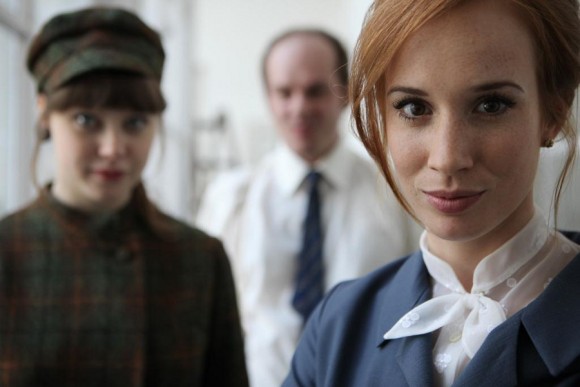Czech TV director general Petr Dvorak said he had invited his colleagues from Poland and Slovakia to attend a panel discussion that took place in Karlovy Vary. Children’s drama, crime series and event movies are at the top of the list of potential coproduction projects, with historical topics common to the neighboring countries seen as a catalyst to finding story lines appealing to border-crossing audiences. The three potential partners looked at the Scandinavian hit series Mammon as an example of a successful coproduction between neighboring countries.
Czech TV and Slovak TV are developing the first local drama production at Slovak TV in ten years. Slovak TV has the possibility of producing up to three more coproductions with Czech TV in the near future, including a comedy series.
Polish TV, which derives 80% of its budget from advertising, needs to put audience interest at the top of its agenda. It’s in-house TV series Rancho is one of its biggest hits with a share of over 20%. The channel signed a coproduction agreement with BBC two years ago, resulting in two TVP/BBC coproductions produced by Dariusz Jablonski of Apple Film: Spies of Warsaw and the WWI series The Passing Bells which BBC1 and TVP1 will broadcast in fall 2014. One of the story lines TVP is looking to develop as a coproduction with Slovakia and the Czech Republic is a history of love among the regions young adults.
Czech TV has a relatively healthy budget for production in the CEE region, with an annual budget of 250 m EUR, a budget similar to that of Sweden’s public TV station. The average in-house cost of production is in the range of 200,000 EUR – 300,000 EUR. Fairytales remain its most popular programming, with over 50% audience shares for its big Christmas film in the past two years. The station signed partnerships with Germany’s Beta Film and ARTE in 2013, and with Austria’s ORF in 2014, and is in negotiations with ZDF.
Beta Film had its first regional success with the HBO show Burning Bush, the first CEE show that has traveled well.




















